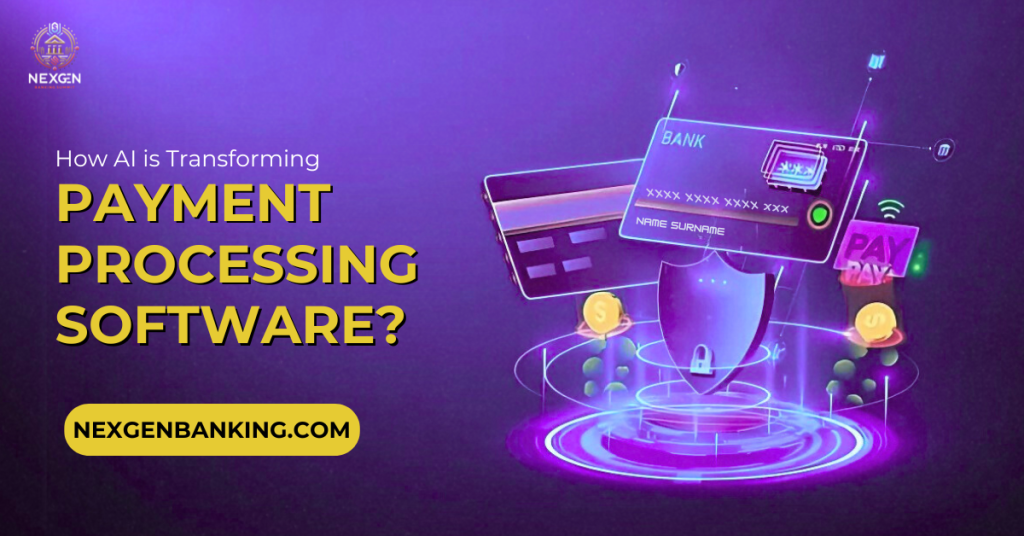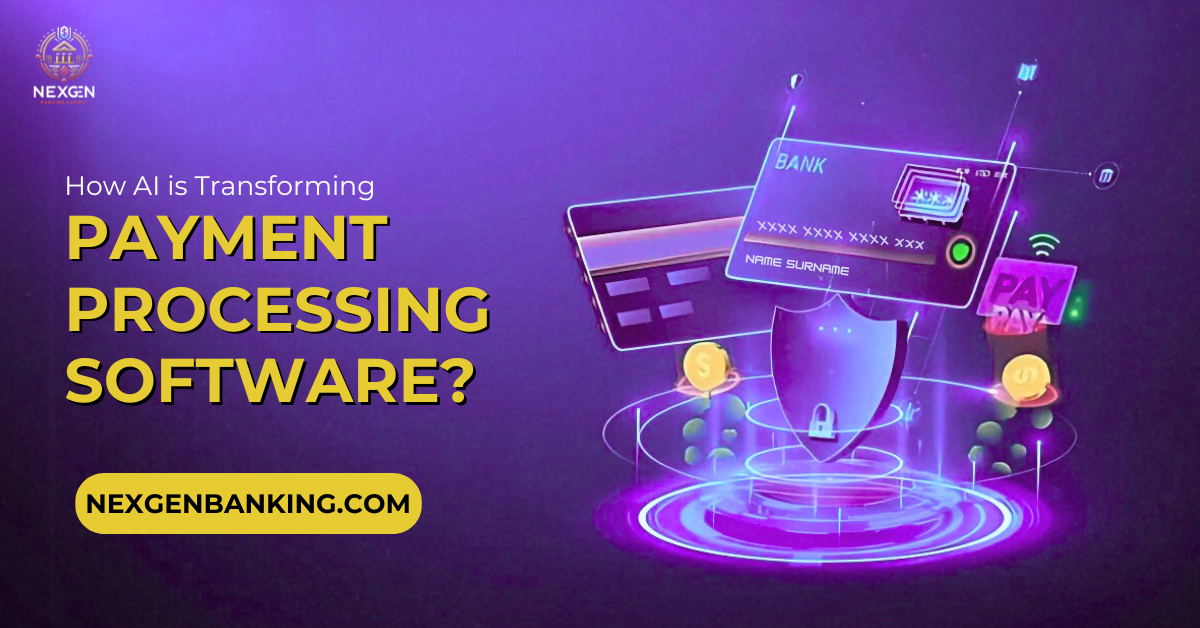
AI Summit for Banking: Explaining Benefits of Open Banking
AI Summit for Banking will introduce you to how open banking offers a variety of opportunities to stay compliant with regulations and improve operational efficiency. It can completely change the way financial data is shared and accessed by increasing transparency, competition, and innovation. It offers invaluable services that can help them position themselves effectively for the future. Let us explore how businesses can benefit from open banking.
Benefits of Open Banking to Businesses
1. Operational Efficiency
The London Banking Summit will explore how open banking expedites transactions, enables quicker reconciliation, and accelerates data flow. This speed improves fast-paced market conditions and cash flow management. It automates tasks, streamlines processes, and facilitates data-driven decision-making. Open banking APIs facilitate faster loan applications by enabling secure data sharing and automated verification processes.
2. Optimized Payment Processes
AI Summit for Banking will introduce you to how open banking software often bypasses traditional methods that result in lower transaction costs, as it allows more direct payment methods. It enables secure, direct bank-to-bank transfers through APIs. Open banking allows for more efficient, faster, and cheaper payment solutions that benefit both businesses and consumers.
3. Customer Personalization
Open banking offers customized financial services to customers by leveraging data and technology. Bands can create tailored product recommendations, streamline processes, and automate tasks like budgeting. By this means, businesses can provide an enhanced customer experience and engagement. Banks can promptly alert customers about their upcoming bills, opportunities for savings, or potential overdrafts.
4. Interoperable Collaboration
The AI Summit for Banking will explain interoperable collaboration offered by open banking in financial services by fostering innovation, competition, and the development of new financial products and services. It facilitates the collaboration between financial institutions and tech-driven companies to innovate together. This results in broader and more sophisticated services for customers.
5. Market Penetration
Upcoming banking summits in UK will explore how open banking enables third-party providers to enter new markets, facilitated by partnerships with local fintech companies. It enables easier access to customer data for localized customization.
6. Innovation Catalyst
Open banking provides a dynamic way to offer new services that can be monetized, increasing revenue streams and customer retention. It fosters a collaborative environment for developing new financial products and services. Open banking allows fintech companies and established institutions to create more streamlined processes and customer-centric solutions.
7. Regulatory Alignment
Open banking software often stays updated with standardized protocols and strong data protection measures, streamlining compliance processes. The attendees of the AI Summit for Banking will get insights into how this helps businesses meet regulatory requirements more easily. With open banking, financial institutions can avoid potential penalties for non-compliance.
8. Resource Allocation
Financial operational efficiency means the staff can focus on other core areas of business. This can lead to better investment strategies, efficient cash management, and optimized spending. Additionally, open banking APIs lead to more effective personnel use by automating reconciliation and making invoice processes seamless.
9. Data-Driven Decision Making
From risk assessment to investment planning, open banking software allows businesses to obtain detailed financial data to inform strategic choices. It enables businesses to access and analyze granular, real-time financial data, leading to more informed decisions. This helps in managing liquidity effectively and improving risk assessment. Additionally, it allows for quick loan decisions and better fraud detection.
Conclusion
The AI Summit for Banking explores open banking software, which offers several advantages to businesses, as with better access to financial data, they can simplify payment processes and generate new revenue streams. With the significantly growing banking initiatives and compliance requirements, businesses can use open banking to offer more secure, efficient, and personalized financial experiences.









